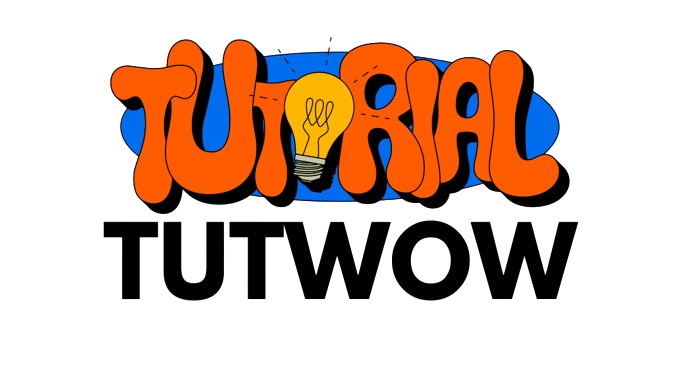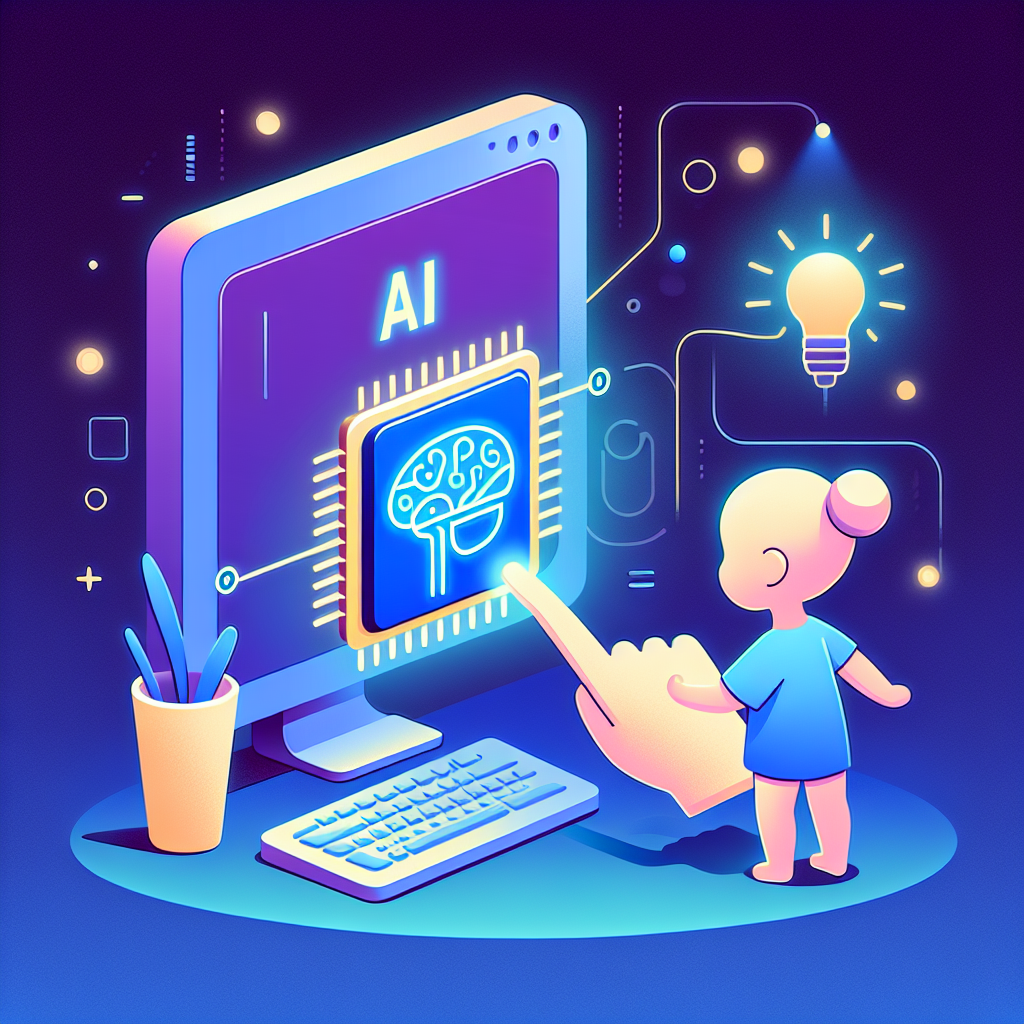Introduction
In the ever-evolving world of digital marketing, content is still king. As we approach 2025, AI tools are revolutionizing content creation, making it more efficient and personalized. From writers and marketers to bloggers and businesses, mastering AI-driven solutions is essential for staying ahead in this competitive landscape. This article will provide you with practical tips on how to effectively use AI tools for content creation.
Understanding AI in Content Creation
What is AI Content Creation?
AI content creation encompasses various technologies and algorithms designed to assist, enhance, or entirely automate the process of generating content. This can include everything from text, images, and videos to sound and interactions. AI tools leverage machine learning and natural language processing (NLP) to create compelling and contextually relevant content.
Benefits of Using AI Tools
- Efficiency: AI tools can generate content at a speed that surpasses human capability, allowing for faster completion of articles, blogs, and social media posts.
- Cost-Effective: Reducing the need for extensive labor makes AI content creation a cost-saving alternative for businesses.
- Personalization: AI tools can analyze user data, allowing for personalized content tailored to specific audience segments.
- SEO Optimization: Many AI tools come equipped with SEO features that ensure the content is optimized for search engines, driving more organic traffic to your site.
Key AI Tools for Content Creation in 2025
1. Text Generators
Text generators like OpenAI’s ChatGPT, Jasper, and Writesonic are transformative in streamlining the writing process. These AI tools can help:
- Generate blog topics and outlines.
- Create fully-fledged articles based on prompts.
- Write SEO-optimized content incorporating keywords strategically.
2. Image Creation Tools
With platforms like DALL-E and MidJourney, content creators can produce high-quality images tailored to their specific requirements. These tools allow:
- Generation of unique visuals to complement written content.
- Enhancement of existing images and graphics.
- Creation of infographics that explain complex ideas succinctly.
3. Video Editing and Creation Tools
AI-powered video tools like Synthesia and Lumen5 can automate the video creation process, catering to platforms like YouTube and social media. They offer:
- Text-to-video capabilities that turn scripts into videos.
- Editing tools that allow for quick cuts and transitions.
- Personalized video content aimed at specific audiences.
4. SEO and Analytics Tools
Tools such as Surfer SEO and Clearscope provide essential insights to optimize content. They help:
- Analyze competitors and suggest high-performing keywords.
- Monitor content performance in real-time.
- Generate reports that detail SEO success metrics.
Best Practices for Using AI Tools
Conduct Thorough Research
Before diving into content creation using AI tools, conduct comprehensive market and audience research. Knowing your target audience’s interests and pain points will guide the AI in producing relevant content.
Set Clear Objectives
Define what you want to achieve with the content. Whether it’s generating leads, increasing brand awareness, or improving engagement, clear objectives will streamline the output and direction of your AI-generated content.
Prompt Design for Optimal Results
The effectiveness of AI tools often hinges on how well prompts are designed. Craft detailed and specific prompts to guide the AI in generating more accurate and relevant content. Instead of prompting “Write about marketing,” use “Write an informative article on social media marketing trends in 2025.”
Incorporate Feedback Loops
Once your AI-generated content is ready, don’t forget to edit and refine it. Incorporating human judgment into the process enhances quality. Use Nielsen Norman Group’s guidelines to evaluate AI-generated materials for clarity and engagement.
Always Monitor Performance
Use analytics to understand how your AI-generated content is performing. Key metrics include:
- Engagement rates (likes, shares, comments).
- Traffic patterns (bounce and click rates).
- Conversion statistics.
Stay Updated on Trends
The AI landscape is rapidly changing. Staying updated with the latest trends and updates in AI tools ensures you can adapt and optimize your content strategies accordingly. Subscribe to industry publications, webinars, and whitepapers to stay informed.
The Future of AI in Content Creation
As we gear up for 2025, the integration of AI in content creation will likely deepen. We can expect:
- Greater Customization: AI tools will continue to evolve, allowing for more hyper-personalized content experiences based on user behaviors and preferences.
- Voice and Interaction: As voice search and interactive content become more prevalent, AI will enable the creation of conversational content that resonates with users.
- Enhanced Collaboration: Future AI tools will facilitate seamless collaboration between AI and human creators, blending efficiency with creativity.
Conclusion
AI tools have transformed content creation into a more efficient and data-driven process. By understanding these tools, implementing best practices, and continuously monitoring performance, marketers and writers alike can create high-quality content that resonates with their audience. As we approach 2025 and beyond, embracing AI technology isn’t merely an option; it’s a necessity for staying competitive in the market.
FAQs
1. What are the benefits of using AI for content creation?
AI tools can save time, provide cost-effective solutions, enhance personalization, and improve SEO performance.
2. Can AI-generated content rank on search engines?
Yes, if optimized correctly using SEO strategies, AI-generated content can rank well in search engines.
3. Do I need to edit AI-generated content?
Absolutely! While AI tools produce excellent drafts, human editing is essential for clarity, tone, and accuracy.
4. Are there industry-specific AI content creation tools?
Yes, many AI tools cater to specific industries, providing tailored functionalities for unique needs.
5. How can I measure the success of my AI-generated content?
Track engagement metrics, conversion rates, and analyze traffic patterns to gauge the success of your AI-generated content.

